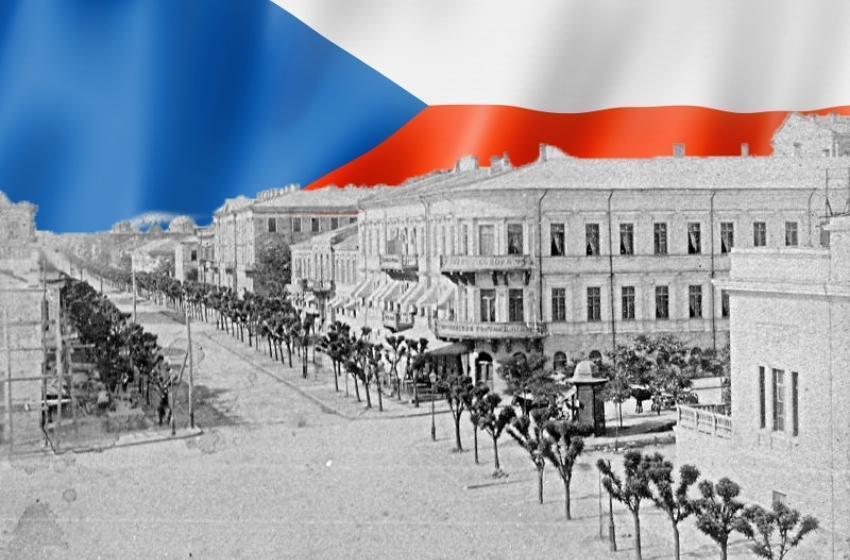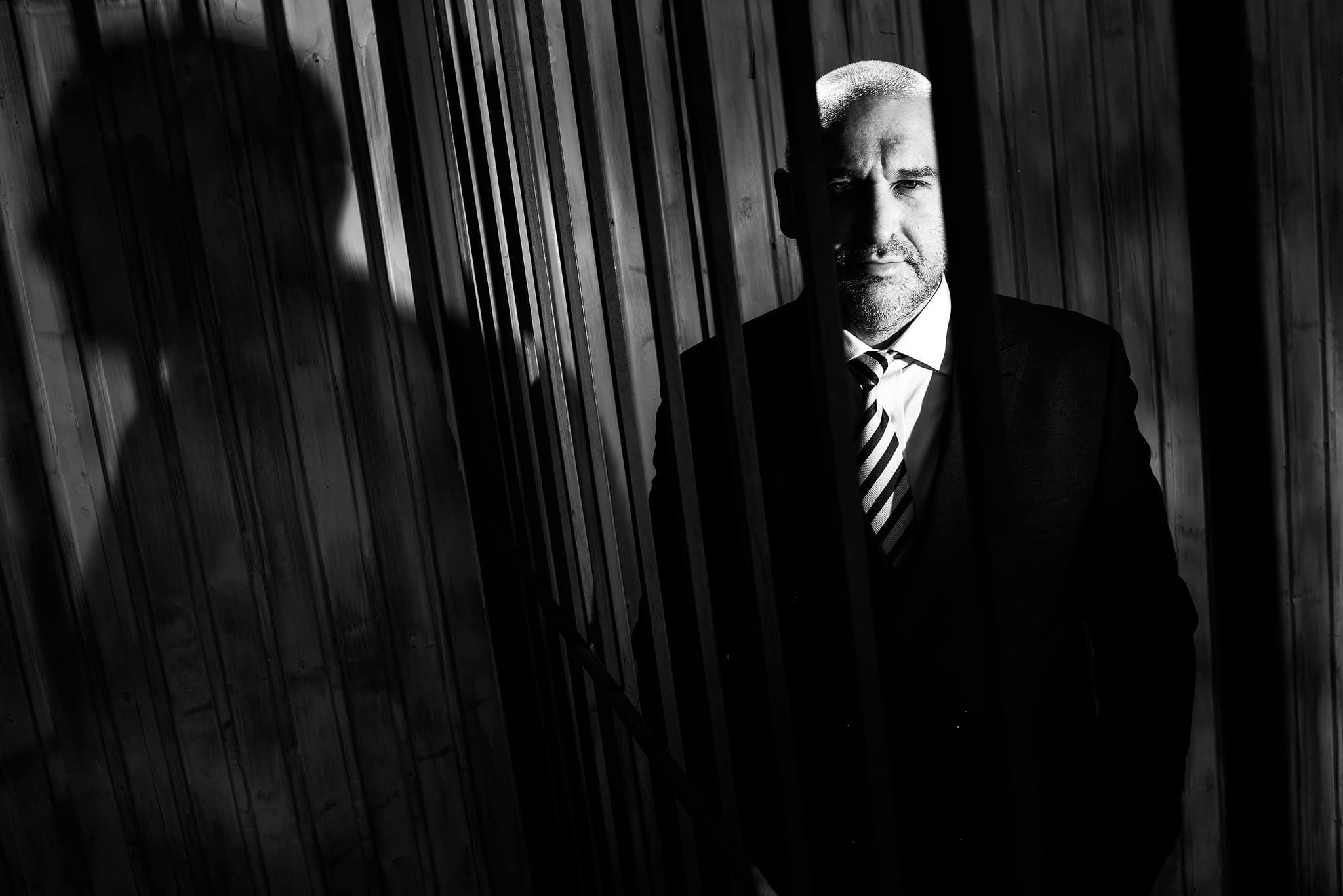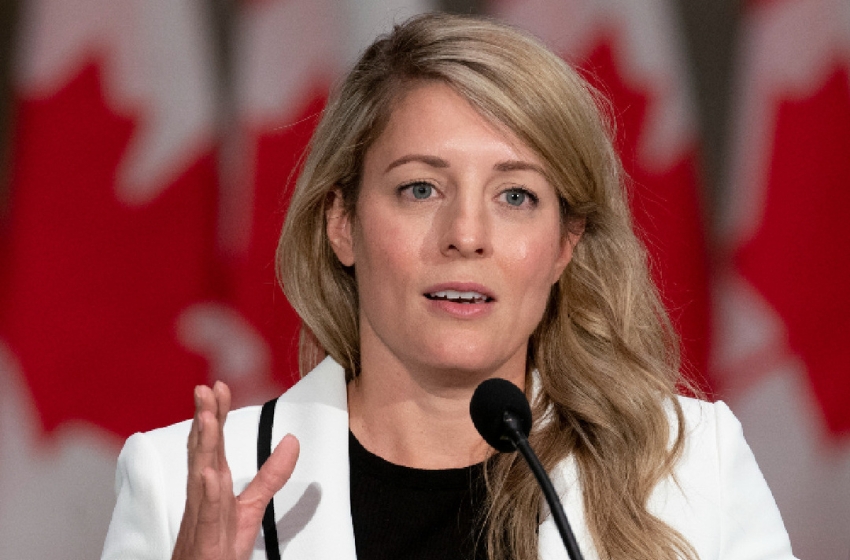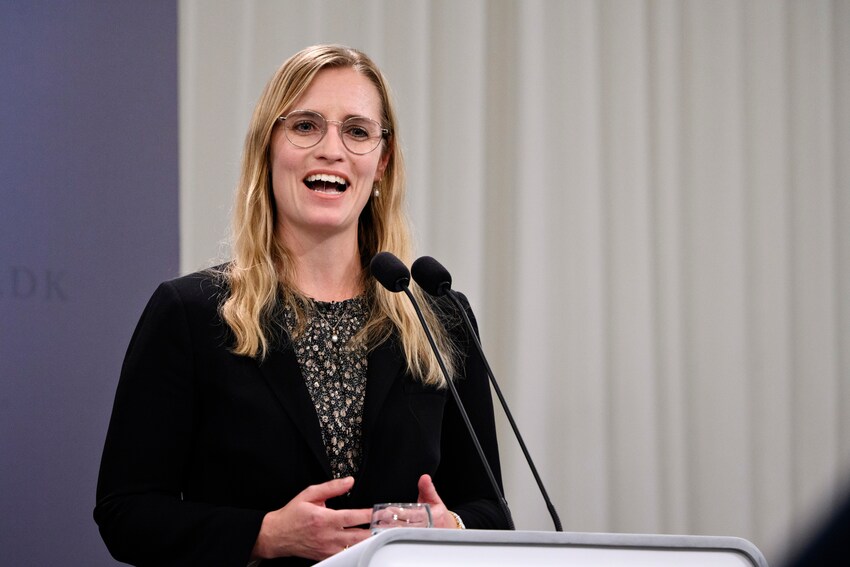The Czech community in Odessa has never been particularly large. However, its representatives were noticeable in the city because they were mainly teachers, musicians, architects. This article is devoted to the most famous representatives of Odessa Czechs Vikentiy Prokhaska and Josef Pribik.
According to the 1897 census, there were 606 people. The first Czech society was founded in 1900 and existed until 1925. Odessa Czechs are mainly the direct heirs of those who lived here before the 1917 revolution; all of them are citizens of Ukraine. Today, the community consists of 150 people; these are entire families, in which not everyone is often of Czech origin. Czechs live in different parts of the city, but in the region, there are places where they live compactly, like Veselinovka, Berezovsky district, and Malaya Aleksandrovka, Kotovsky district.
The most famous representatives of Czechs in old Odessa are Vikentiy Prokhaska and Josef Pribik.
Vikentiy Prokhaska
Recognised as one of the best architects of Odessa in the Art Nouveau era, Vikentiy Prokhaska (1870-1920) left us a legacy of not very many buildings, but they all stand out for their monumentality and elegance.
Vikentiy Prokhaska was born in 1870 in the Austro-Hungarian Empire in the Czech Republic. He studied the art of architecture in Vienna, interned in Italy.
When in the early 1890s a competition was announced for the design of a new Stock Exchange in Odessa (today Philharmonic hall), he won and in 1891 received an award. In 1893, he moved to Odessa, but that year is not mentioned in the building plans.
Prohaska's project was finalized by the city architect Alexander Bernardazzi. But the project was rebuilt so that Bernardazzi was then called the sole author of the building. Also, as a city architect, Joseph Bernarda was commissioned to build a Stock Exchange. The exchange was built from 1894 to 1899; some sources indicate that Prohaska also participated in the construction. Prohaska loved the architecture of the Italian Renaissance, almost all the architect's projects have Renaissance features, and the Stock Exchange building is no exception.


Also, in his architect work one can notice the influence of urban traditions of Austria-Hungary. On December 8, 1894, Prokhaska was elected a member of the Odessa branch of the Imperial Russian Technical Society in the old style, but he was not yet allowed to supervise the construction. He received this right on April 8, 1899, in the old style, and from that time began the active private practice of Vincent Prohaska. The main features of the architect's work were massive volumes and the absence of small details, strong rust, large volume decor details, stone balustrades of balconies, original planning, the exclusivity of metal details. The architect was well acquainted with the Italian architecture of the Renaissance and used copies of elements of individual buildings of the Renaissance in his projects.
Although all the fame went to Bernardazzi and in the sources of the time he was called the sole author. Still, perhaps the construction of a new exchange had a positive effect on Prohaska - after the construction of the exchange, Prohaska on his own project built in 1900 houses for the merchant family Ksida and Audersky, the next step was to design Papudov's house at the corner of 24 Kateryninska and Lanzheronivska Streets.




Prohaska probably stopped the private practice in 1914 after the beginning of the First World War; the last known work of his is the advanced two-story house of Leonard for the new owner - Buzni. Unfortunately, there is no case of approval of projects for 1914 in the Regional Archives; one authorship is easily recognisable by the original monumental decoration of the house, where the architect uses almost no stucco ornaments, the facade is covered only with a thick layer of cement plaster. After the October Revolution, Vikentiy Prohaska worked in the Real Estate Department. After the end of the Civil War (1922), he led a team of architects and engineers in the City Real Estate Department, at the end of 1922 he left the USSR.
According to some sources, Vikentiy Prokhaska died in 1927 at the age of 63.
Josef Pribik (Josef PÅ™ibÃk)
Composer Josef Pribik (1853-1937) was the chief conductor of the Odessa Opera House for more than 40 years, a professor at the Odessa Conservatory, and wrote operas. He is one of the first to receive the title of People's Artist of the Ukrainian SSR and Hero of Labor. By the way, in the Odessa Conservatory, many works of Czech composers are still used in the learning process.
Joseph Pribik was born on March 11, 1855 in the estate of Sveta Gora in the suburb of Pribram, near Prague in the Czech Republic. Graduated from the Prague organ school. As a young man, he was honored to play in front of the great Franz Liszt, and was allowed to kiss the hand of the musician, which he was proud of until the end of his days. Pribik also graduated from the Prague Conservatory as a pianist and conductor.
From 1878 he managed the Smolensk branch of the Russian Musical Society, becoming second conductor at the Kharkov Opera in 1880, and the principal conductor at the Lviv opera in 1882. After turning down the post of director at the Lviv Conservatory, he held conducting posts in Kyiv, Tiflis and Moscow, before taking up the post of principal conductor at the Odessa Opera Theatre in 1894. A man of high decency and culture, he came here not to "catch happiness and ranks." The maestro's activities (and it took place in Kharkov, Lviv, Kyiv, Tbilisi, partly in Moscow and, finally, in Odessa) were devoted to establishing operatic art, genuine musical enlightenment in the peripheral cities of the country.

Indeed, he staged the first production of Rimsky-Korsakov's "May Night" in Moscow and Tchaikovsky's "The Queen of Spades" in Ukraine (in Kyiv, he met P. Tchaikovsky, who highly appreciated his art and recommended Pribik to work in Odessa. Under the direction of Joseph Pribik, the first performances in Odessa of Glinka's "Ruslan and Lyudmila", "The Tale of Tsar Saltan", "The Snow Maiden", and "The Golden Cockerel" by Rimsky-Korsakov, and several other operas by Russian composers took place.
“the musical conscience of the cityâ€
But Joseph paid great attention to the entire world opera literature, and his repertoire included not only famous works (although the breadth of the creative
range is also fascinating here - from “Cinderella†to “Aidaâ€, from “Lucia†to “Tristan and Isoldeâ€, from “ Norms â€to“ Don Juan â€), he introduced Odessans to relatively rarely performed operas (for example, “The king of Lahore†by Massenet, “The Queen of Sheba†by Karl Goldmark, “John of Leidenâ€, “Robert le diable†by Giacomo Meyerbeer, “Marta†by Flotov).
Pribik was demanding of soloists, choir and orchestra, worked a lot with performers, achieving high artistic results even with outstanding musicians. Odessans loved the maestro, called him “the musical conscience of the cityâ€. From 1920 to 1926, Pribik was chief, and from 1926 he was an honorary conductor of the City Theater. He was a professor at the Conservatory. Friendly relations connected him with Pyotr Stolyarsky. On the anniversary of Pyotr Stolyarsky, which took place at the Opera house in 1933, Pribik accompanied the best and favorite student of Stolyarsky, David Oistrakh, in Tchaikovsky's violin concerto.
The last performance of Joseph Vyacheslavovich was the opera "Pagliacci". Joseph Pribik died in Odessa on October 20, 1937, being the People's Artist of Ukraine.
The musician's name is still surrounded by deep respect from the inhabitants of Odessa, as evidenced by the memorial plaque installed on the facade of the house on Mayakovsky Lane, 6.





















